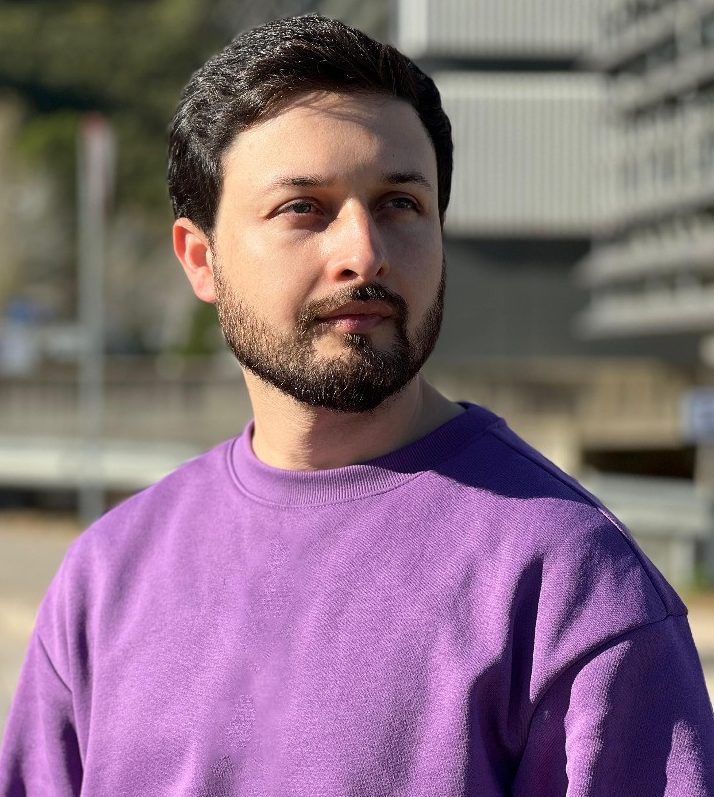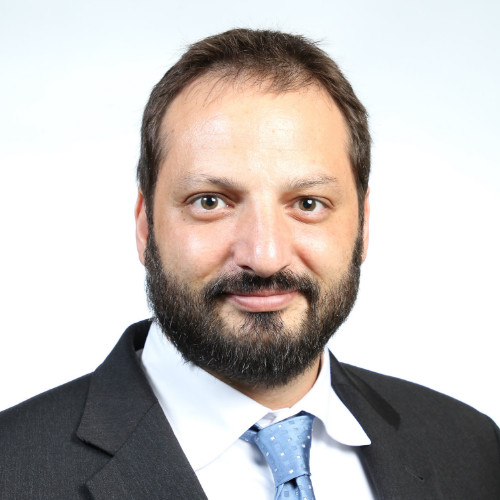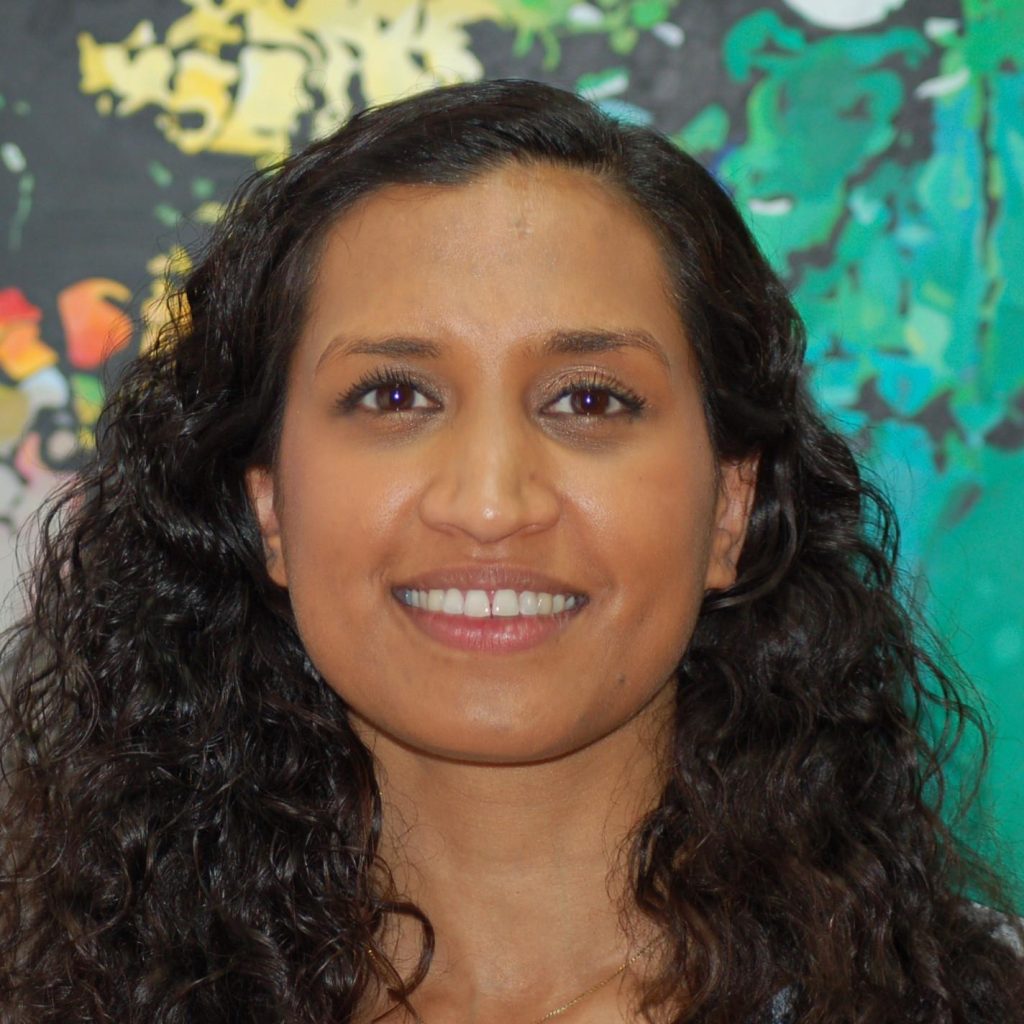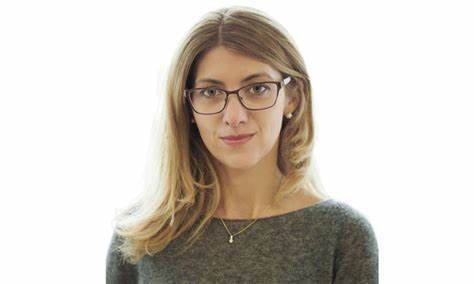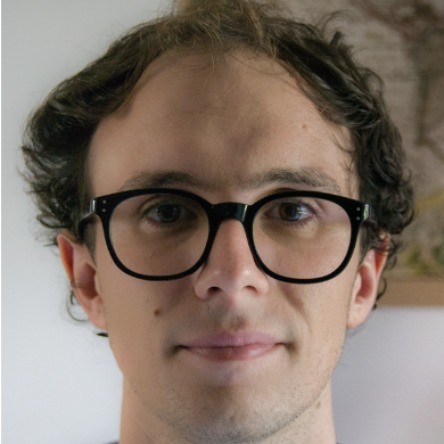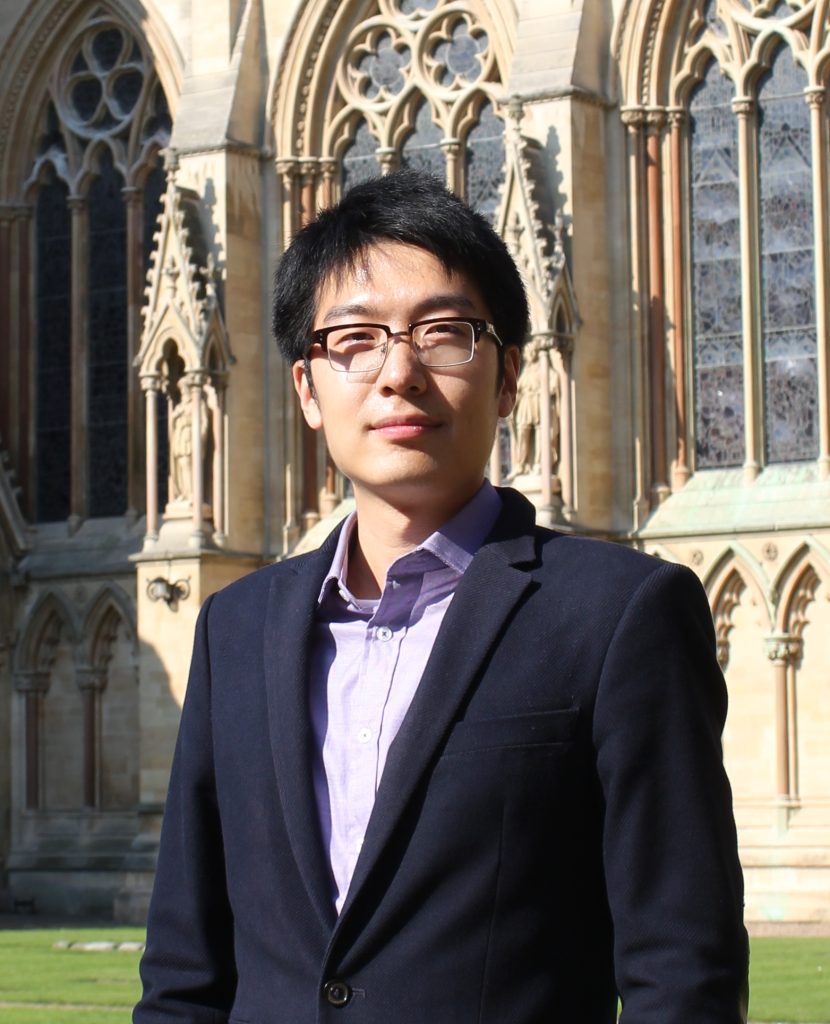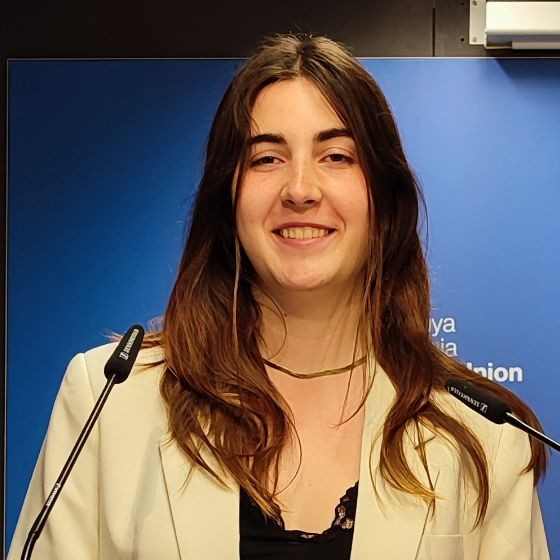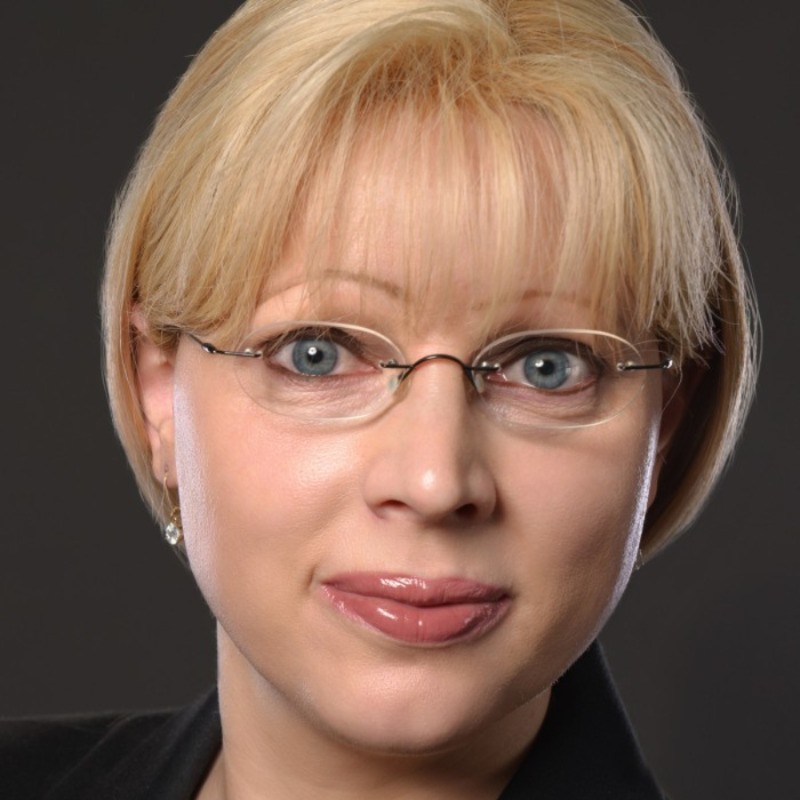The International Summer School on AI for Diabetes Management is an annual event promoted by the UdG–Dexcom Chair that aims to promote the use of AI in clinical practice—particularly in diabetes management—and encourage networking among research groups in Spain and abroad. The school is organized as an intensive one-week course.
International Summer School on AI for Diabetes Management
Date
September 2026 (TBD)
Location
The University of Girona, Spain
Format
1-week in-person course
Target Audience:
PhD and master students
Want more information?
Who is this summer school for?
Expected attendants are PhD and master students interested in applying AI principles to medicine, including the development of medical devices, sensors, mobile applications, and algorithms for monitoring and managing diabetes.

What will you learn in this summer school?
Discover the key skills and knowledge you will acquire during the summer school.
Fundamental Concepts
Key concepts of diabetes management and AI applications in healthcare.
AI Prediction
Learn to develop and apply AI models to predict adverse glycemic events.
Large Language Models
Develop LLMs to improve diabetes care through smarter data use and personalized support.
Computer Vision
Automatically detect and monitor diabetic complications—such as diabetic retinopathy—by analyzing medical images like retinal scans.
Ethics
Address data privacy, security, fairness, transparency, accountability, biases, and ethical concerns in AI for healthcare.
AI Controllers
Use AI-informed controllers to automatically regulate insulin delivery in real-time by predicting blood glucose levels and adjusting insulin doses accordingly.
Summer School Program 2025
5-day immersive course that combines theory and practical training.
Fundamental Concepts
Objective: Introduce core concepts of diabetes management and AI applications in healthcare.
Predictive Models and Commercial Applications
Objective: Learn about AI models to predict glycemic events and commercial AI applications.
Advancing Responsible and Personalized AI in Healthcare
Objective: Examine how responsible AI development principles can be integrated with advanced machine learning techniques.
Computer Vision and Advanced Techniques for Glucose Control
Objective: Focus on computer vision for diagnosing diabetic complications and digital twins for simulations.
Regulated Devices and Personalized Management
Objective: Explore how AI can be incorporate into regulated clinical tools and personalized solutions powered by smartphones and wearables.
Academic Staff
Invited Speakers
Local Organizing Committee
Practical Information
What is covered by the program?
Registration fee, accommodation, lunch, coffee breaks, and farewell dinner.
What is not covered by the program?
Travel costs and arrangements are not covered by the program. Travel arrangements must be made separately. The organizers will not manage travel arrangements for participants of the summer school.
How to apply?
Applications are not being accepted yet for 2026. If you have any questions, please email us at summerschoolcatedra@udg.edu.
Organizers

In collaboration with

Contact Us
If you have any doubts or you would like further information, please contact us here or email us at summerschoolcatedra@udg.edu.

